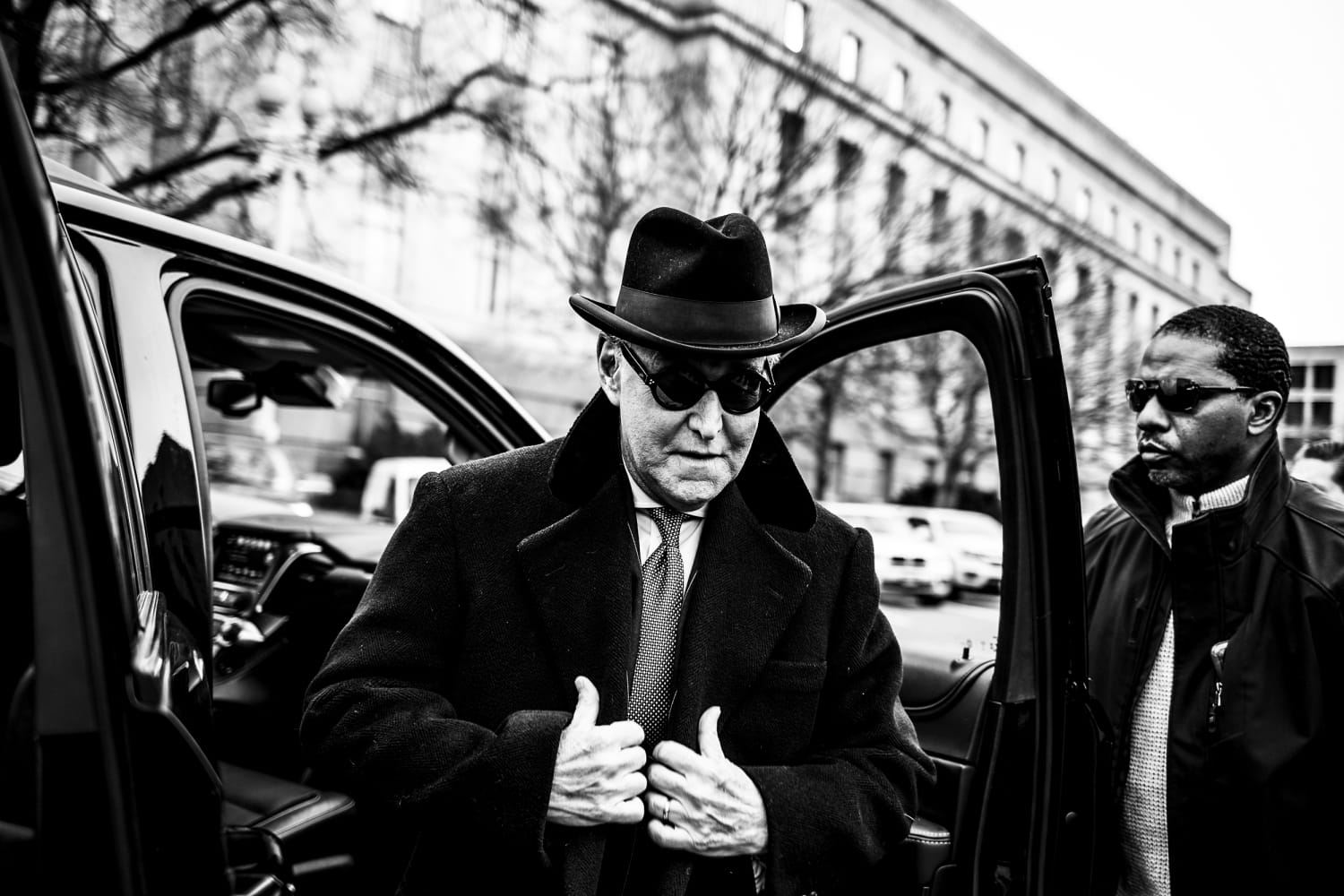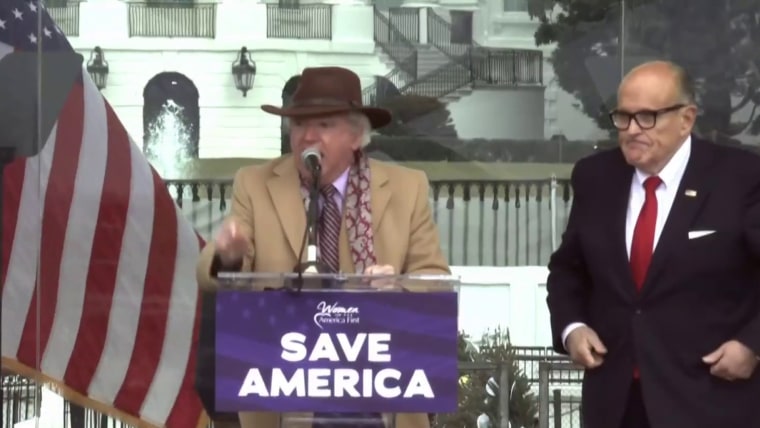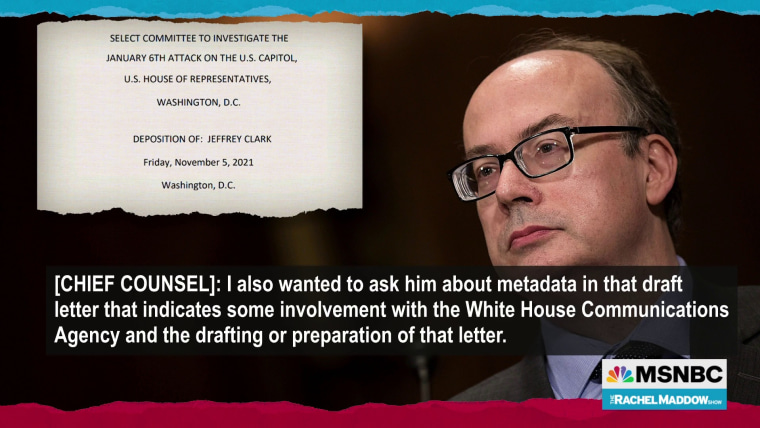Roger Stone, a long-time adviser to former President Donald Trump, just became the latest Trump ally to refuse to cooperate with House’s Jan. 6 investigation by invoking his Fifth Amendment right to remain silent. The growing list includes John Eastman — a former law professor and legal adviser to Trump, and Jeffrey Clark, who served as an assistant attorney general from 2018 until 2021. Alex Jones, a radio show host and a staunch supporter of Trump’s re-election campaign, has also threatened to plead the Fifth in response to his own House subpoena.
Rep. Liz Cheney, R-Wyo., noted that, “People sort of talk about the Fifth Amendment without stopping to think about what he is saying if he invokes the Fifth…”
While these witnesses may be able to avoid testifying before the select committee by standing on the Fifth, they are merely postponing — and perhaps increasing — their future legal woes.
On Dec. 2, committee Vice Chair Rep. Liz Cheney, R-Wyo., noted that, “People sort of talk about the Fifth Amendment without stopping to think about what he is saying if he invokes the Fifth — that he won’t answer a question because he’s worried about criminal prosecution.” Committee Chairman Rep. Bennie Thompson, D-Miss., struck a similar note, saying those who plead their Fifth Amendment rights in front of his committee “in some cases are part and parcel guilty to what occurred.” Trump himself famously said, “The mob takes the Fifth Amendment. If you’re innocent, why are you taking the Fifth Amendment?”
Cheney was correct. It is important that the public — as well as the members of the select committee — understand exactly what it means that these witnesses are pleading the Fifth Amendment.
The Fifth Amendment, ratified in 1791, protects a person from being “compelled in any criminal case to be a witness against himself.” While the language of the amendment appears to apply only to criminal cases, the Supreme Court has said that it extends to civil and other proceedings if the testimony can be used against the person in a criminal case.
In a criminal proceeding, a defendant’s silence cannot be used against him. In fact, the jury can be instructed not to draw any inferences from the defendant’s silence. But in a noncriminal proceeding, the invocation of the privilege is limited to those circumstances in which the person invoking the privilege reasonably believes that his disclosures could be used in a criminal prosecution or could lead to other evidence that could be so used. But if invoked, an adverse inference can be drawn when “independent evidence exists of the fact to which the party refuses to answer.”
In the cases of Stone, Eastman and Clark, compelling independent evidence exists. Eastman is the author of a two-page memo outlining a scheme to pressure then-Vice President Mike Pence to subvert the Constitution and throw out the 2020 election results Jan. 6. A Senate report details Clark’s “efforts to aid Trump” in “Trump’s relentless effort to coopt the Department Of Justice into overturning the 2020 election.”
No doubt both Clark and Eastman understand that in pleading the Fifth, they are admitting that they have reason to fear their testimony can be used against them in a criminal proceeding. Both are lawyers, and one is also a former law professor.
And criminal proceedings are likely. The select committee has said it intends to make criminal referrals where appropriate, and in fact, this is one of the reasons Eastman offered for refusing to comply with the select committee referral. The select committee has also stated that to avoid unnecessary duplication of efforts, it will work with other investigatory agencies.
The select committee has said it intends to make criminal referrals where appropriate.
Pleading the Fifth and failing to show up do not exempt witnesses from contempt charges. For one thing, the Fifth Amendment is asserted on a question-by-question basis. In other words, a witness must first show up for the deposition and then decide line by line what answers could expose the person to criminal liability. This serves the purpose of targeting for investigators exactly where the witness’s potential criminal liability lies.
Stone flat out refused to be deposed. Eastman implied that he would also ultimately refuse. Clark initially failed to appear for his deposition. Because he invoked the Fifth Amendment, the select committee gave him another chance to appear. He failed to appear for that deposition as well, claiming illness. The committee postponed the hearing until Dec. 16.
These defendants can’t — and shouldn’t — be forced to talk once they exert their Fifth Amendment privilege to individual questions, but the public, the committee — and criminal investigators — can theorize about what that silence means.
We can also assume that their refusal to talk will not derail the work of the committee. Because of the Fifth Amendment, prosecutors are accustomed to putting cases together without help from defendants. More than 250 witnesses, including White House and other administration insiders, are cooperating. Records are often duplicative. An email, for example, can show up in the inboxes of lots of people. All you need is one willing to show the email to the committee.
The committee will keep pushing for the truth, with or without their testimony.
Source: | This article originally belongs to Nbcnews.com












